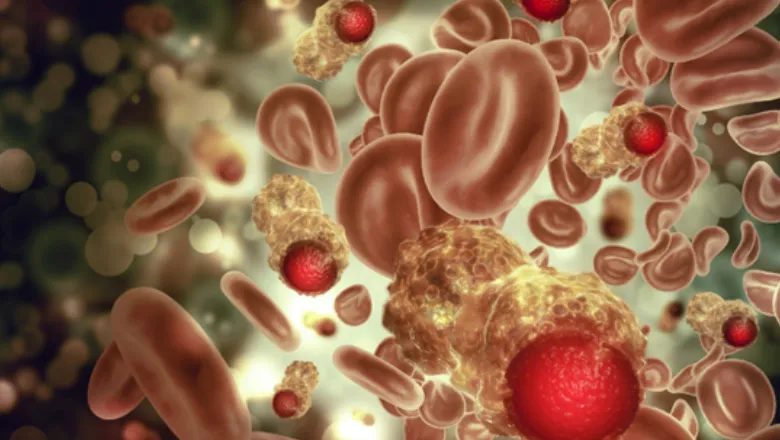These are very encouraging results indeed, which the field needs to build on. We need to improve the persistence of the CARS so that remission can last longer.
Reuben Benjamin, lead author and Consultant Haematologist at King’s College Hospital
18 January 2021
Researchers publish study showcasing breakthrough treatment of CAR T cells for patients with blood cancer
A multidisciplinary collaboration involving researchers from the School of Cancer & Pharmaceutical Sciences provides evidence for the benefits of off-the-shelf Chimeric Antigen Receptor (CAR) T-cell technology.

Prognosis for patients with blood cancer is usually very poor, especially once they relapse. CAR T cells were first shown to be an effective form of therapy for these patients approximately 7-8 years ago. Doctors would remove T-cells from patients through an apheresis procedure, genetically modify them in the laboratory followed by intravenous infusion back into the patient. However, in many cases patients would progress too quickly in the meantime given the 6-8-week time frame to infuse the cells back, meaning that the cancer was in a more advanced state and potentially less receptive to treatment.
In the last few years this field has been rapidly advancing and exploring the possibility of using 'off the shelf' CAR T cells, whereby CAR T cells are generated from healthy donors instead of patients. In order to infuse these universal CAR T cells into any patients, the cells have to undergo additional gene editing steps to remove their own T-cell receptor to prevent graft versus host disease and also make them resistant to rejection by the patient.
The benefit of these 'off the shelf' CAR T cells is the fact they are ready to be infused into the patient as soon as they are needed, and that they are made from healthy donors and potentially can be manufactured at scale with reduced costs.
The CALM Trial published in The Lancet is the first study of its kind to administer ‘off the shelf’ CAR T cells to adult patients with relapsed B-acute lymphoblastic leukaemia (B-ALL). The study was a collaboration between researchers in the School of Cancer & Pharmaceutical Sciences, clinicians at King’s College Hospital as well as other participating hospitals in France, USA, and Japan. A parallel study (PALL Trial) was conducted in pediatric B-ALL patients led by Great Ormond Street Hospital. Both Trials were sponsored by Servier.
The results show that it is feasible to manufacture off-the-shelf CAR T cells and treat patients with aggressive leukemia safely with successful results: 67% of patients who received the CAR T treatment achieved a complete remission with the majority proceeding to a subsequent allogenic stem cell transplant. Most of the side effects were predictable and manageable with no unexpected complications observed.
Further research will be needed in order to examine why the cells don’t survive for long enough in patients and look towards the longer-term goal of using this as a primary one-off treatment without the need for subsequent stem cell transplantation. This marks just the beginning for the field of 'off the shelf' CAR T cells therapies.
